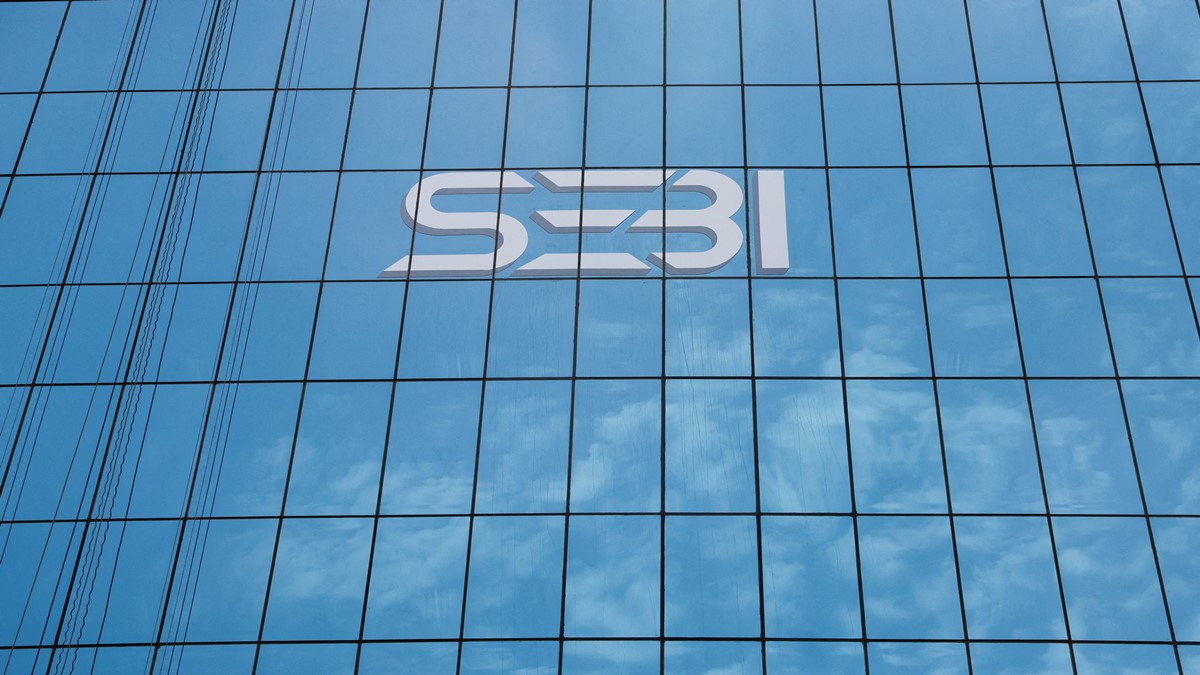The Securities and Exchange Board of India (Sebi) issued a consultation paper on Friday which proposes significant flexibility in trading plan provision – a move that could make trading easier for promoters and top officials of companies.
A trading plan enables promoters and top officials, who are perpetually in possession of unpublished price sensitive information (UPSI), to sell shares of their company.
Among the other changes, the cool-off period – the period between declaring the trading plan and actual trading – has been reduced from six months to four months.
Then, the minimum coverage period of the trading plan has been reduced from twelve to two months. It has also proposed to do way with the blackout period – a fixed time period specified by an entity in its trading policy when key management personnel are prohibited from trading in its securities.
It has also given the option to the insider to provide the upper and lower price limits to buy or sell shares – +/-20% of the closing price of the share on the day of submitting the trading plan. And if the price is above or below the price limits, the trade shall not be executed. “If no price limit is opted for, the trade has to be undertaken irrespective of the prevailing price,” said the consultation paper.
The other proposals include applicability of contra-trade provisions under the plan; disclosure of plan to the stock exchanges two days from the date of approval and in a suitable format specified in consultation with market participants
These key changes in the guidelines come in the backdrop of the Sebi chairperson, Madhabi Puri Buch’s comments last week while there exists a regulation called the ‘Trading Plan’ for perpetual insiders, nobody has ever filed the same. “Humara regulation hi galat hai (Our regulation itself is wrong),” she quipped.
She also added that there was general belief that Sebi is very dogmatic about insider trading and the trading plan. “We operate on fundamental principles and data, and so again we had a consultation paper on reforming the ‘trading plan’,” she added.
According to the consultation paper, since the introduction of the trading plan, the market feedback was that the requirements are onerous to meet and therefore they weren’t popular.
The deadline for sending comments on the consultation paper is December 15.




